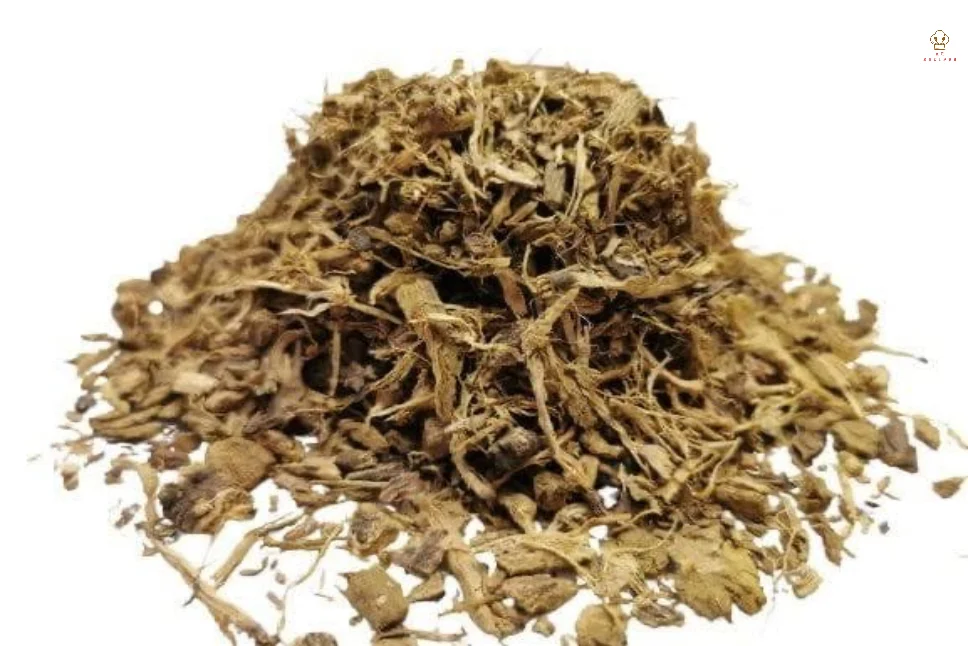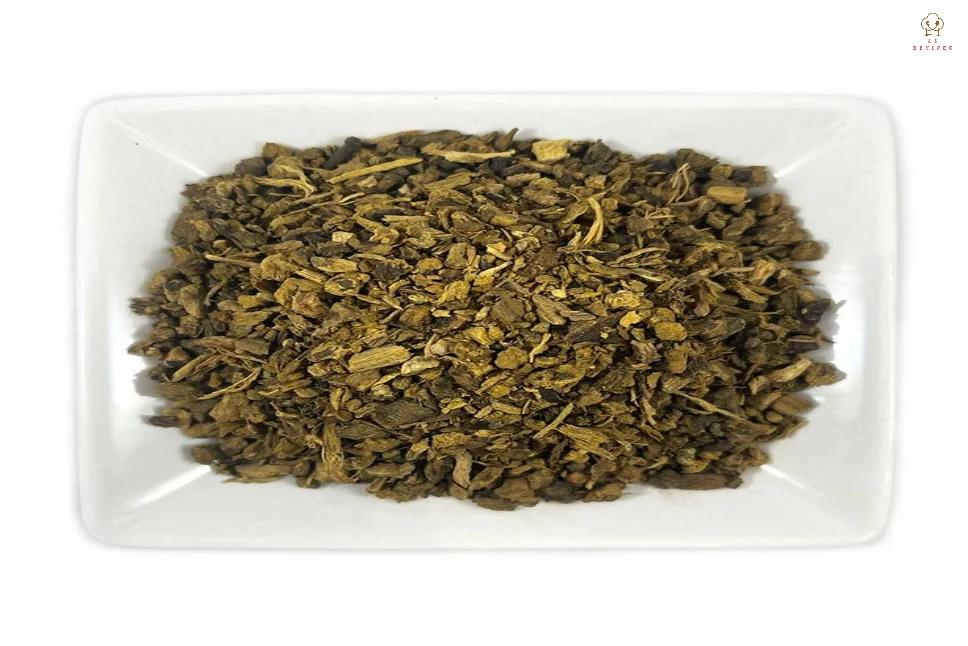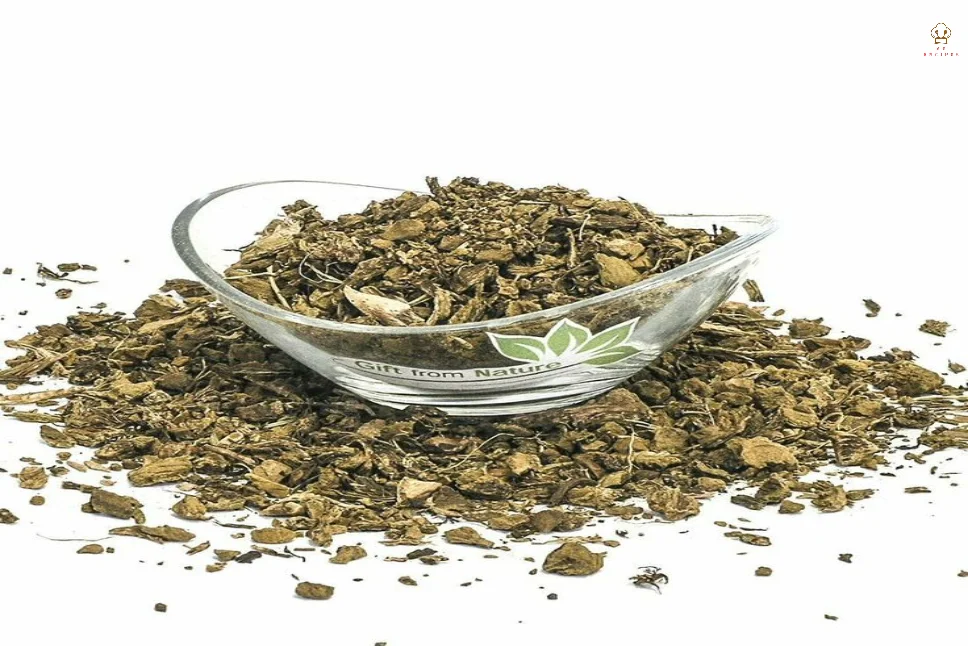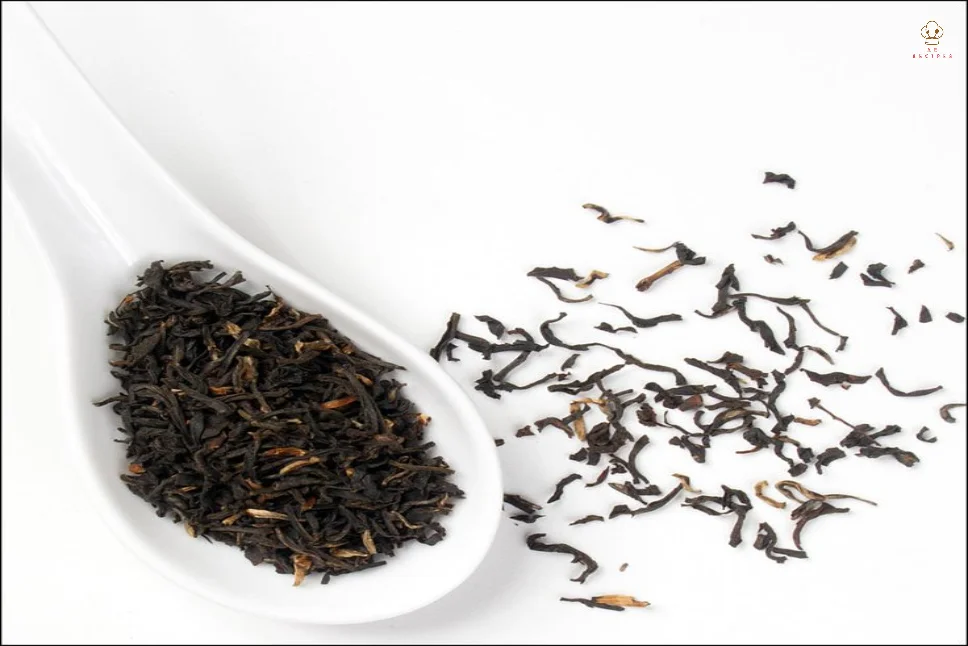yellow Dock Root tea: Yellow dock, scientifically known as Rumex crispus, is a useful herb whose root is rich in various nutrients and medicinal benefits.

Would you drink this Yellow Dock Root Tea?
Yellow dock root, rich in iron, calcium, magnesium, and vitamin C, has been used for millennia to treat various illnesses and support the body’s repair.
Yellow dock root, a powerful medicinal herb, offers numerous benefits for the skin, hair, and overall wellness. This herb is known for its detoxifying properties, as it supports liver health, which in turn helps to clear up skin conditions like acne, eczema, and psoriasis.
Benefits of Yellow Dock Root Tea
Yellow dock root contains antioxidants and anti-inflammatory properties that protect the body from inflammation and infection. It is also helpful in cleansing the liver, purifying the blood, and improving digestion.
Yellow Dock can also enhance hair health as a blood purifier, promoting stronger and shinier hair. Beyond physical health, Yellow Dock has spiritual benefits in traditional practices, which are said to help release negativity and promote mental clarity.
Ingredients of Yellow Dock Root Tea
- The following ingredients are required to make yellow dock root tea:
- Dry root of yellow dock: 1 teaspoon (powdered or in small pieces)
- Water: 2 cups
- Honey or lemon (optional) to taste
What is yellow dock root tea good for?
Additionally, it includes compounds that may destroy bacteria, fungi, and parasites. Yellow dock is used to treat a wide range of ailments, including discomfort, hemorrhoids, constipation, respiratory tract and nasal tube edema, and many more, however, there isn’t any solid scientific proof for these claims.

What is yellow root tea good for?
Yellowroot is also a digestive aid and uterine tonic. Along with being a great liver stimulant, it also helps to calm mucous membranes. Its cooling, astringent properties help to clear up any phlegm. It may be utilized in many various ways because of its adaptability.
What flavor is yellow dock root?
Dock’s high vitamin C concentration is indicated by its lemony flavor, which is similar to that of its cousin sorrel. Because the brilliant yellow roots contain a high level of bioavailable iron—you can guarantee the leaves are also packed with iron—herbalists value them for their ability to aid with anemia and a variety of digestive system disorders.
Can you drink yellow dock tea every day?
Yellow dock’s oxalate and tannin concentrations warn care, and there is no clinical data to support particular dose recommendations. Two to four tablespoons of the fresh root or two to four grams of the dry root in tea three times a day for no more than eight to ten days are the typical dosages.
Is Yellow Dock a blood thinner?
Issues with blood coagulation: Yellow dock may accelerate or decelerate coagulation. Before using Yellow Dock, see your doctor if you have a clotting issue or take blood thinners. Allergies: Individuals with ragweed allergies may also have yellow dock allergies.
How to make Yellow Dock Root Tea
- Put two cups of water in a pot and boil it.
- Add yellow dock root to boiling water.
- Cook the tea on medium heat for about 10-15 minutes so that the root ingredients are incorporated into the water.
- Add a small amount of lemon juice or honey to taste.
Usage of Yellow Dock Root Tea
Yellow dock root tea can be drunk once or twice a day, especially when you need a digestive or liver cleanse. Be sure to consult a health professional before using this tea continuously.
Yellow dock is also used as a supportive herb in treatments for sexually transmitted infections (STDs) due to its antimicrobial properties, though it should not replace medical treatment. Brewed as a tea, yellow dock root can be enjoyed with spices like ginger, cinnamon, and clove to create a warming, detoxifying drink that soothes digestion and boosts immunity.

What adverse consequences might yellow dock root cause?
Low blood potassium and calcium levels, diarrhea, nausea, cramping in the stomach, frequent urination, and skin irritation can all result from consuming too much yellow dock. Avoid using undercooked or raw yellow dock. Serious adverse effects include vomiting, cardiac issues, breathing difficulties, and even death are possible.
What happens if I drink yellow tea every day?
One of the natural substances found in yellow tea that lowers the risk of heart failure and cardiovascular disorders is polyphenol.
However, moderation is essential, as excessive use may cause digestive upset or irritation. For those interested in a simple, spiced tea recipe, try steeping 1–2 teaspoons of dried yellow dock root with a slice of ginger, a cinnamon stick, and a few cloves for 10 minutes, then sweeten with honey if desired. Enjoy this earthy, warming tea while benefiting from the healing properties of Yellow Dock.
Does yellow tea burn fat?
Catechins, a phenolic component found in yellow tea, aid in the efficient burning of body fat and the achievement of weight reduction objectives. Numerous scientific studies have demonstrated that drinking yellow tea increases metabolism and speeds up fat burning.
Is Yellow Dock good for your liver?
Support for the digestive system is the main function of Yellow Dock. All things considered, it can help with skin issues, liver cleansing, constipation relief, better nutritional absorption, and improved digestion.

Is Yellow Dock a detox?
Yellow dock root is used as a general detoxifier and blood purifier, particularly for the liver. This herb’s phytonutrients are rich in antioxidants, which lessen oxidative stress brought on by free radicals in the body.
In Brief
Pregnant women, nursing mothers, and people with weak stomachs should consult a doctor before consuming yellow dock root tea.




